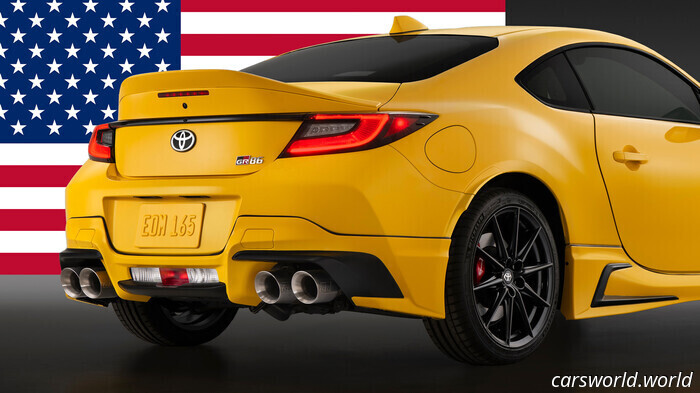
Detroit's Big Three Outraged by Trump's Trade Agreement with Japan | Carscoops
Goods imported to the US from Japan will face a tariff of 15 percent, while those from Canada and Mexico will encounter significantly higher levies of 35 and 30 percent, respectively.
Japan and the United States have reached a trade agreement that reduces tariffs from 25 percent to 15 percent.
Detroit is outraged, as tariffs on vehicles manufactured in Mexico and Canada are considerably steeper. President Trump has announced intentions to impose 30 percent tariffs on imports from Mexico and 35 percent on those from Canada starting August 1.
Japanese automakers are celebrating the new trade agreement with the US, which significantly lowers tariffs on their exports to America. Conversely, Detroit's automakers are infuriated, facing the prospect of their vehicles being subject to higher tariffs than those from Japan.
This week's deal establishes that imports from Japan to the US will be taxed at 15 percent, down from the previous 25 percent threshold. Following this announcement, stocks for Japanese companies saw impressive gains, with Toyota increasing by 15 percent and Mazda by 17 percent.
Increased Tariffs, Escalating Frustration
Under the new terms, cars imported from Japan will incur lower duties than those from Canada and Mexico, where many vehicles for Detroit-based brands are manufactured. Trump has issued threats to raise tariffs to 30 percent for goods from Mexico and 35 percent for those from Canada beginning August 1.
The White House has labeled the Japan agreement “a historic win for American automakers,” claiming it ends Japan's unjust trade barriers against American-made cars, suggesting that it may benefit Detroit by increasing their sales in Japan.
Nevertheless, the volume of cars exported from Japan to the US vastly outweighs those sent in the opposite direction—auto exports constituted over 28 percent of total shipments to America in 2024, according to customs data shared by CNBC.
Detroit's automotive industry does not share the optimism of the White House. In a statement to Reuters, they expressed, “any agreement that imposes a lower tariff on Japanese imports with minimal U.S. content than the tariffs on North American-built vehicles with significant U.S. content is detrimental to the U.S. industry and its auto workers.”
Escalating Costs and Global Tensions
General Motors has reported that tariffs have already cost them $1.1 billion in the second quarter of 2025, with potential losses reaching $5 billion by the end of the year. The US-Japan agreement further aggravates an already painful situation following a recent deal that established a 10 percent tariff with the UK.
Simultaneously, European automakers are eager to negotiate a deal, but talks between the EU and the US have not yielded positive results, and Trump has recently threatened to impose a 30 percent tariff on imports from the European bloc.



Other articles
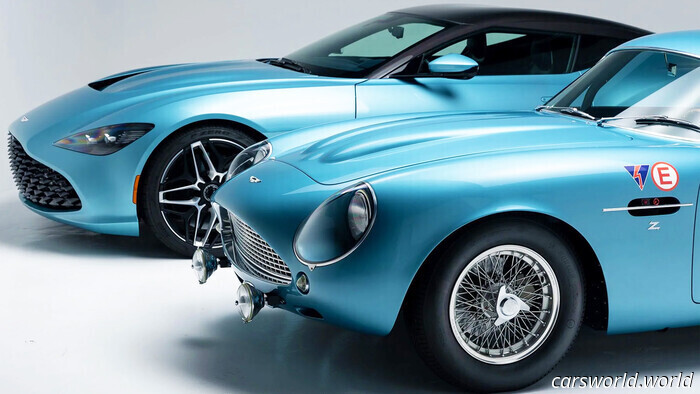 They Believed This Supercar Pair Would Be Valued at a High Price. They Were Mistaken | Carscoops
A rare pair of Aston Martins that were previously valued at $7.8 million could fetch nearly half that amount during Monterey Car Week.
They Believed This Supercar Pair Would Be Valued at a High Price. They Were Mistaken | Carscoops
A rare pair of Aston Martins that were previously valued at $7.8 million could fetch nearly half that amount during Monterey Car Week.
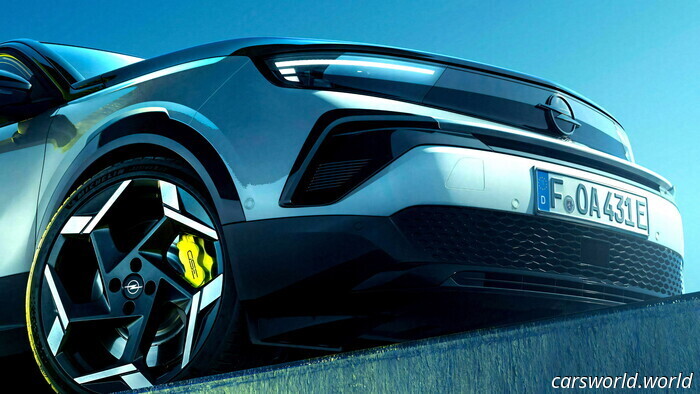 Opel Has Created an Electric SUV That Could Make Hot Hatches Uneasy | Carscoops
The Opel Mokka GSE features a bold design, an updated suspension system, and delivers 278 hp.
Opel Has Created an Electric SUV That Could Make Hot Hatches Uneasy | Carscoops
The Opel Mokka GSE features a bold design, an updated suspension system, and delivers 278 hp.
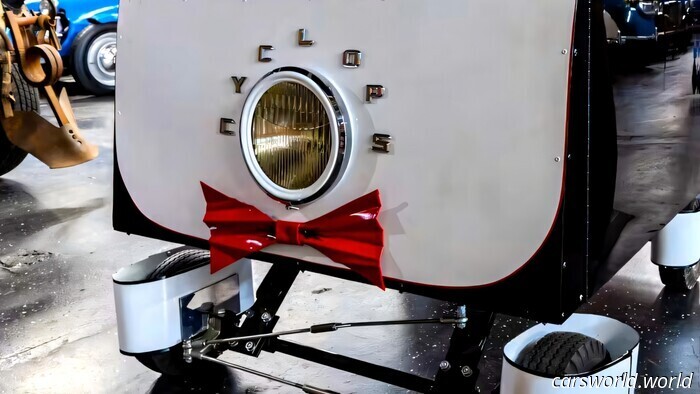 The Strangest Microcar Ever Sports a Bowtie and Top Hat Without Any Shame | Carscoops
This unusual microcar featuring a magician-inspired design and a small engine will go up for auction this fall from a renowned collection.
The Strangest Microcar Ever Sports a Bowtie and Top Hat Without Any Shame | Carscoops
This unusual microcar featuring a magician-inspired design and a small engine will go up for auction this fall from a renowned collection.
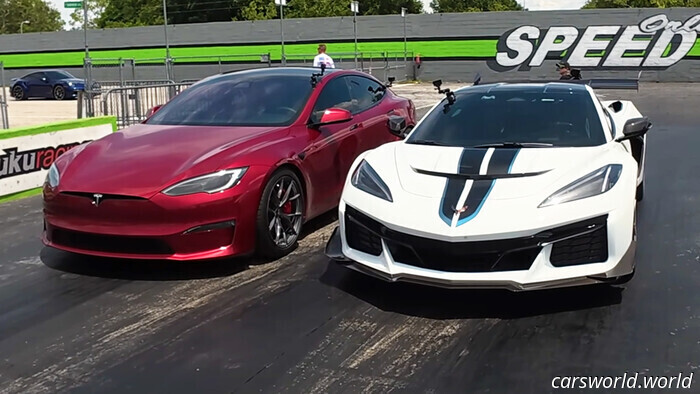 This Drag Race Featuring the Corvette ZR1 and Tesla Model S Plaid Was Far From Competitive | Carscoops
The competition for the fastest 1,000-hp all-wheel-drive car has officially started.
This Drag Race Featuring the Corvette ZR1 and Tesla Model S Plaid Was Far From Competitive | Carscoops
The competition for the fastest 1,000-hp all-wheel-drive car has officially started.
Detroit's Big Three Outraged by Trump's Trade Agreement with Japan | Carscoops
Goods arriving in the US from Japan will incur a 15 percent tariff, while products from Canada and Mexico will continue to face levies of 35 percent and 30 percent, respectively.
